Ruling Party Gets Heavy Defeat in South Korean Parliamentary Elections
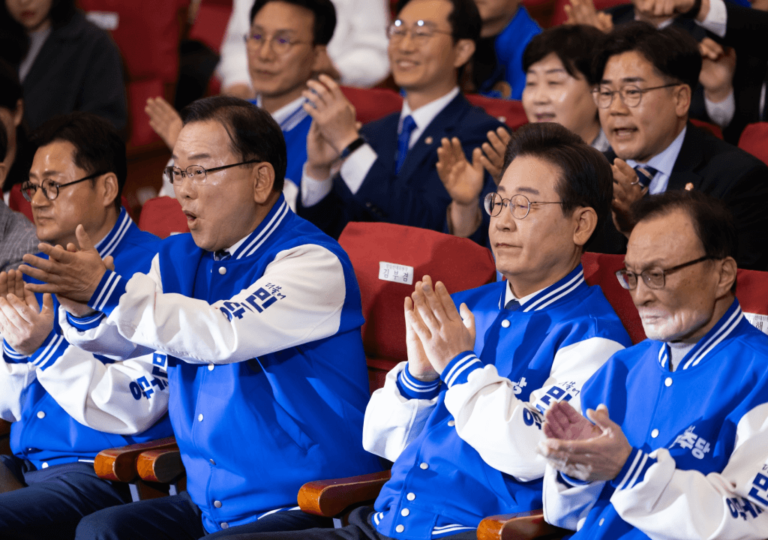
In South Korea's parliamentary election, the ruling People Power Party suffered defeat as the opposition Democratic Party, led by Lee Jae-myung, secured a landslide victory.

In South Korea's parliamentary election, the ruling People Power Party suffered defeat as the opposition Democratic Party, led by Lee Jae-myung, secured a landslide victory.
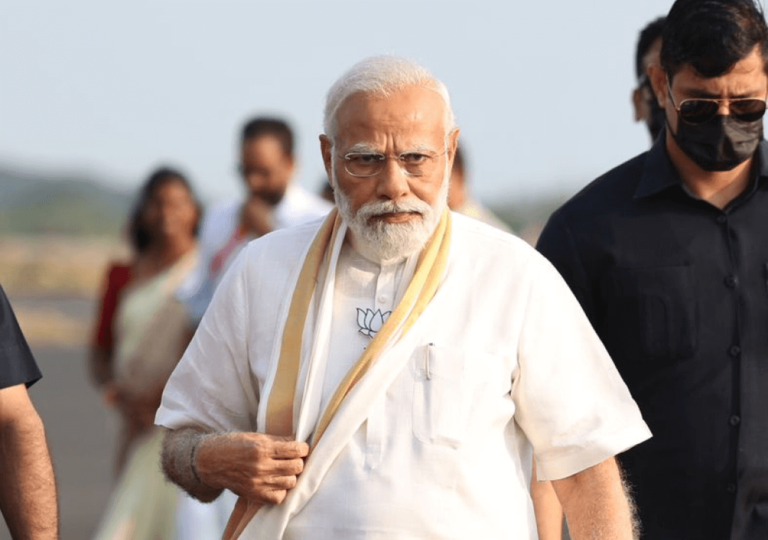
Narendra Modi aims to secure over 400 seats in the upcoming Indian general election, targeting expansion into traditionally non-BJP strongholds in South India.
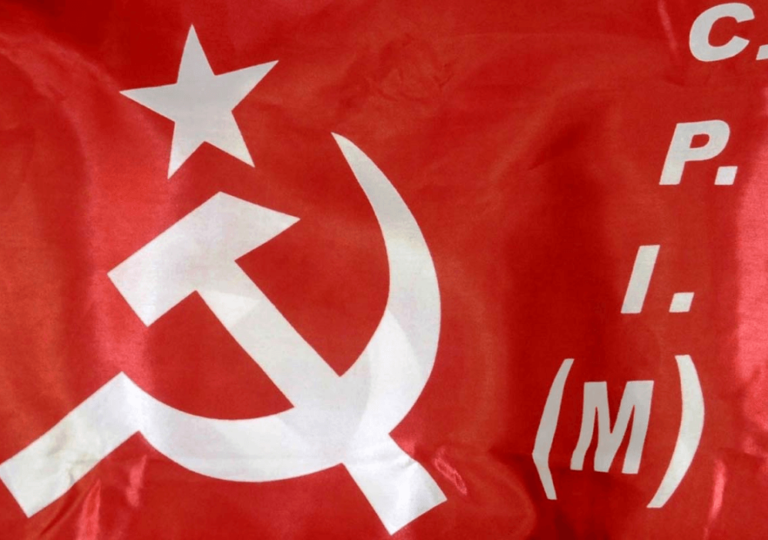
Modi's era reshapes Indian politics, weakening communist influence. Parties like CPI and CPIM face decline amid shifting dynamics and electoral challenges.
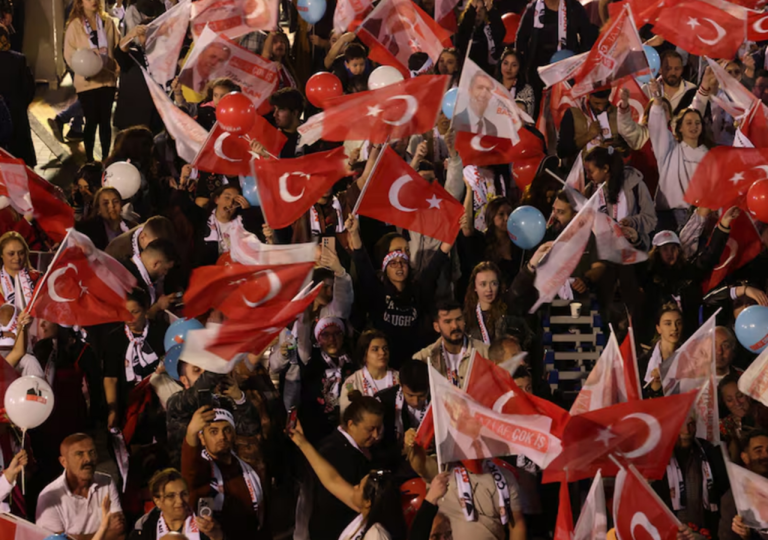
Despite Erdogan's long-standing rule and electoral victories, recent local elections signal a shifting political landscape, with the opposition gaining ground.
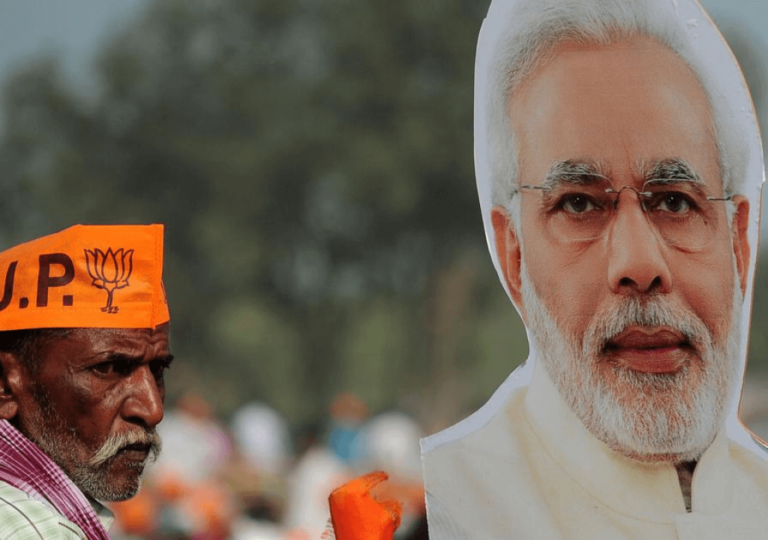
Prime Minister Modi aims for a historic 400-seat win in upcoming elections, bolstered by BJP's groundwork and media dominance, reshaping Indian politics.
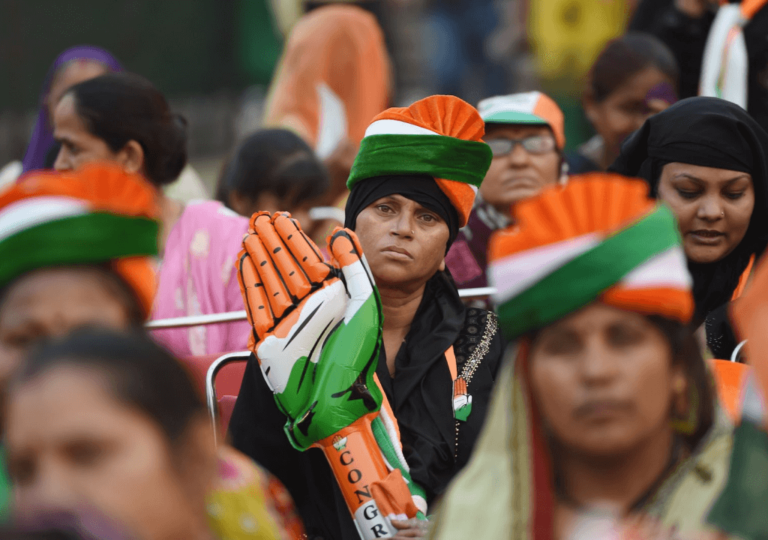
Despite its historical significance, Indian National Congress faces leadership challenges, diminishing influence, hindering its ability to challenge Modi's dominance.
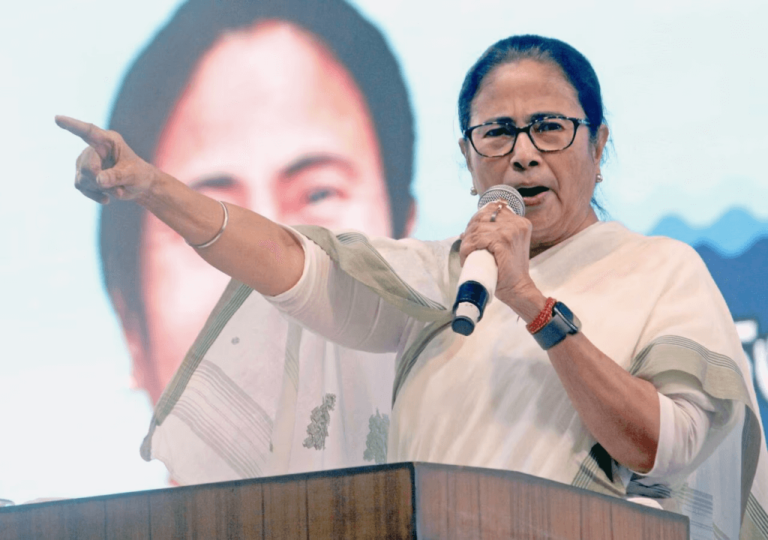
All India Trinamool Congress faces pivotal electoral challenge in Bengal against BJP, relying on Mamata Banerjee's leadership amid mounting opposition and internal strife
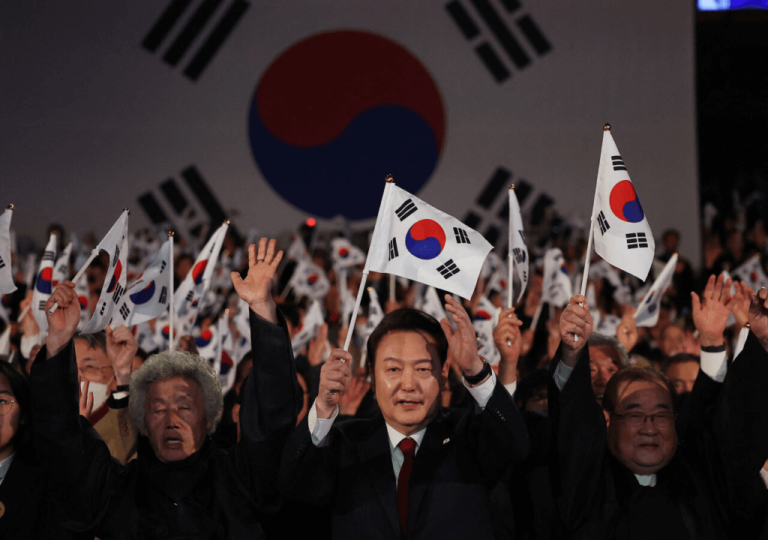
South Koreans gear up for pivotal parliamentary election on April 10, crucial for President Yoon Suk Yeol's reform agenda and political landscape.
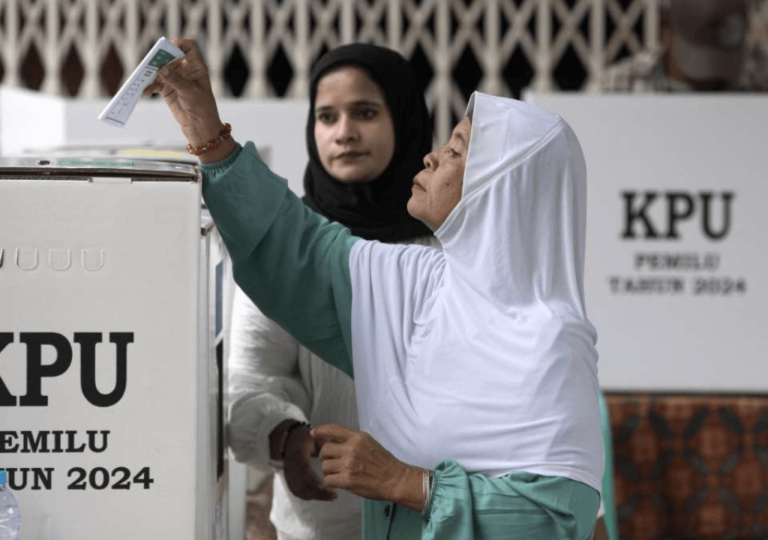
Prabowo Subianto wins Indonesian presidency with 60% vote, challenged by Anies Baswedan citing electoral flaws. International leaders congratulate.
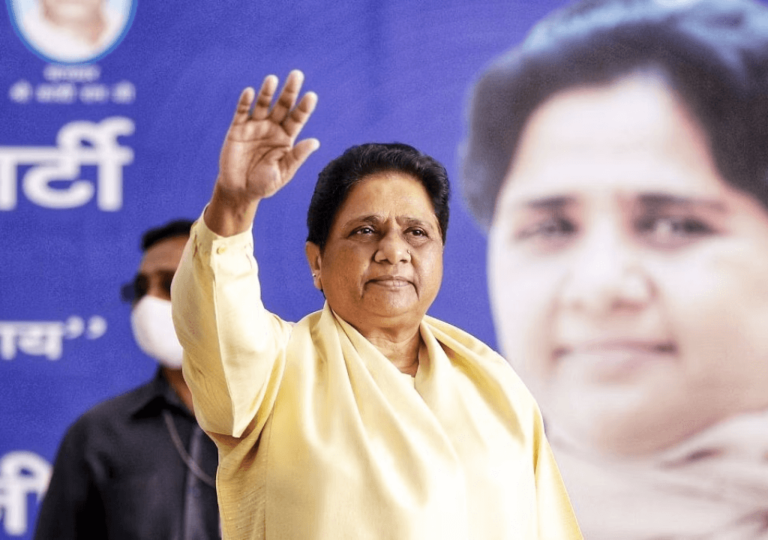
Once hailed as a potent political force, the BSP now faces decline, losing MPs and influence, overshadowing its once-prominent role.